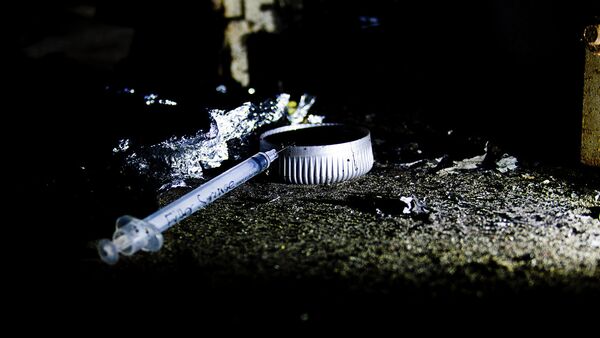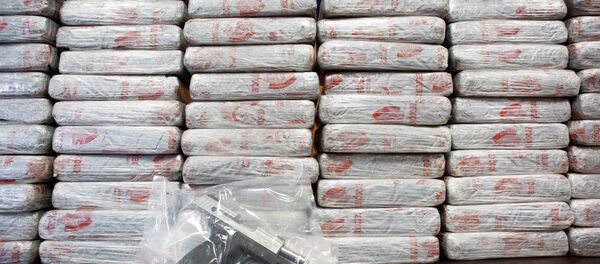“If it’s a strategy that saves lives … then regardless of the political discomfort I think it is something we have to move forward,” King County executive Dow Constantine said told reporters on Thursday.
The 32-member task force, made up of health providers, law enforcement, social-service agencies and others, is calling for two locations to be identified, one in Seattle and one outside the city.
“One of the driving ideas behind this is creating a safe space where we can get people the medical, prevention and treatment services already provided elsewhere,” Brad Finegood, committee co-chairman and assistant director of the King County Behavioral Health and Recovery Division told the Times.
Seattle’s northern neighbor Vancouver has had similar “community health-engagement locations” for the past 13 years, and there has not been a single recorded user overdose at the clinics.
“I think it’s worth remembering that at one time needle exchanges faced similar challenges, and in the years since we’ve found that they work not only from a public-health standpoint but as cost-savings for law enforcement and others,” County Health Officer Dr. Jeff Duchin, who is on the task force, said.




